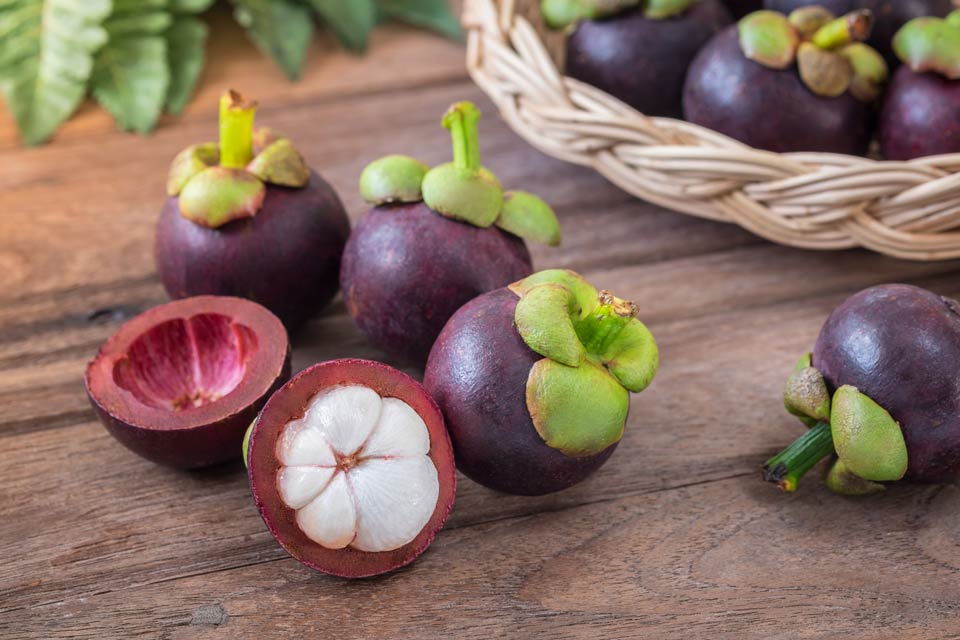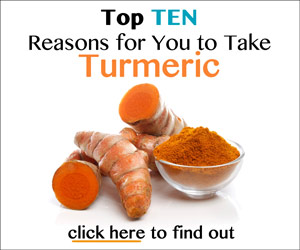Health Benefits of Mangosteen

Mangosteen, an antioxidant tropical fruit that is native to South East Asia, is considered to be one of the tastiest "super fruits." Like many foods that contain beneficial substances, Mangosteen has been used by traditional healers for thousands of years for its medicinal properties and may help protect the body from conditions such as heart disease, certain cancers, and hypertension.
Mangosteen contains properties that make it beneficial as an:
- Astringent
- Antibiotic
- Antihistamine
- Anti-fungal
- Anti-inflammatory
- Anti-diarrheal
One study published in the International Journal of Molecular Sciences in 2008 assessed Mangosteen for its cancer preventative and curative effects. The study found that a crystallized extract of the fruit administered to mice worked as a shield against cancer. The study's authors also found that Mangosteen, used as an additive to traditional cancer treatments, may increase the effectiveness of chemotherapy and cancer drugs by working to prevent the growth and spread of cancer cells. The authors of the study are now working toward developing a drug using a whole extract of the fruit to help prevent and treat such cancers as liver cancer, breast cancer and leukemia.
The largest concentration of beneficial compounds of Mangosteen is found in the peel. However, the pulp and the seeds may also house nutrients that actively protect the body from disease. The fruit is processed into supplements and sold as an arthritis treatment, yet the majority of the benefits of Mangosteen are thought to be derived from the whole fruit itself (or its juice) as opposed to its processed compounds. Because of its limited availability in many parts of the world, purchasing Mangosteen as a juice may be most convenient.
Mangosteen, like many natural health products and foods, is unregulated and may have unwanted side effects, dangerous drug interactions, and/or significant health conditions. Mangosteen may have been associated with one case of lactic acidosis in a man with other health problems. Lactosis is a life-threatening condition which results from the buildup of lactate in the body. Lactic acidosis is characterized by symptoms such as tiredness, muscle pain and weakness, abdominal pain, trouble breathing, irregular heartbeat and nausea. Because it is not known how Mangosteen interacts with prescription medications, it is important for anyone considering adding Mangosteen to their diet to discuss this with their doctor before doing so. Women who are pregnant or nursing, individuals with allergies, and those who have existing severe or chronic medical conditions are advised to consult their healthcare provider prior to using Mangosteen as a dietary supplement.



